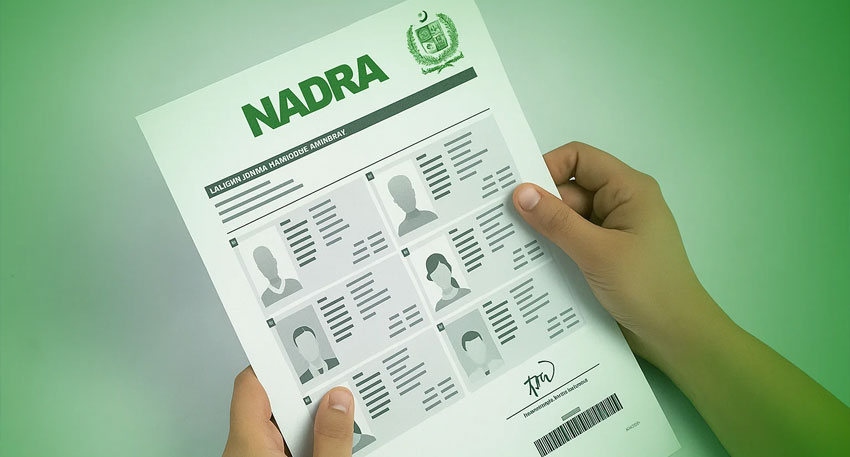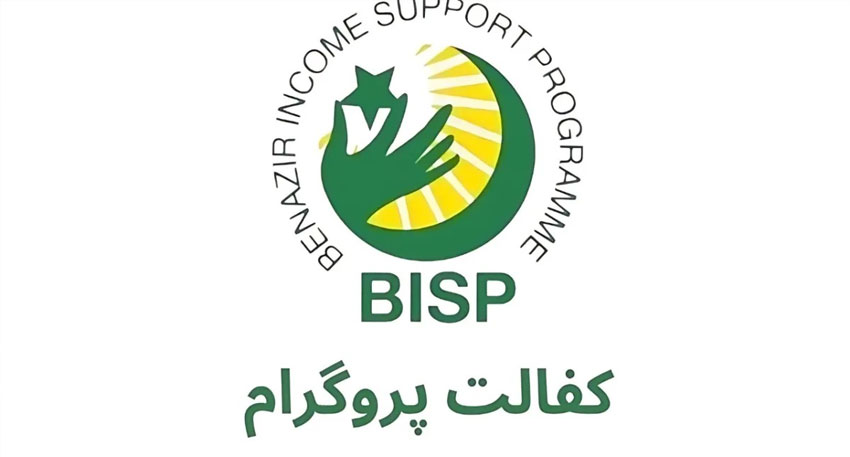
Expert shed light on the ongoing efforts and challenges faced by Pakistan in ensuring the safety and well-being of its youngest citizens. They emphasize the vital role of parents in safeguarding children, both in the physical and digital realms.
In a detailed discussion, Abdul Sattar, the Director General (DG) of the Ministry of Human Rights (MoHR), highlighted the critical role of national bodies such as the National Commission on the Rights of the Child (NCRC) and the National Commission on the Status of Women (NCSW) in defending the rights of vulnerable children, particularly girls. Despite the legal protections offered by the Prohibition of Child Marriage Act, 2016 and the Early Child Marriage Restraining Act, Sattar noted that the real challenge lies in enforcement, especially in remote areas where cultural norms often overshadow legal safeguards.
While institutional frameworks and legal reforms play a crucial part in child protection, Sattar stressed that parents are the first line of defense when it comes to ensuring a child’s safety and well-being. The responsibility of protecting children begins at home, where parents must offer emotional guidance, discipline, and a safe environment.
With the advent of technology, the role of parents has expanded into the digital realm. As children gain access to smartphones, social media, and online platforms, parents must be vigilant about their children s online activities. "It is the shared responsibility of parents, teachers, and the government to create a safe digital environment for children," Sattar remarked. He urged parents to monitor their children’s digital interactions, ensuring they are not exposed to harmful content or online predators.
The Ministry has taken proactive steps to address the growing threat of cyberbullying, online exploitation, and harassment. In collaboration with law enforcement agencies like the Federal Investigation Agency (FIA), the Ministry has set up a special Cyber Wing to investigate cases of online abuse and educate children and families about digital literacy and safe internet practices.
He noted the importance of cybersecurity in protecting children from digital threats, stressing that it is not enough to simply punish offenders; prevention is key. “We need to educate children about the dangers of the digital world before it’s too late,” he said. Parents play a critical role in this process by teaching their children how to navigate the internet safely and by setting clear boundaries around screen time and online engagement.
Aside from online threats, Sattar also discussed the alarming issue of child labor, begging, and abductions. The Ministry of Human Rights has been working on strengthening community-level vigilance, urging parents and citizens to report any suspicious activities immediately. “In cases of missing children or suspected kidnappings, quick action can save lives. Time is of the essence,” he explained.
Read more: Mystery surrounding Humaira Asghar’s death deepens: Here’s what flat owner reveals
Parents, along with communities, should stay vigilant and immediately contact emergency services (e.g., Helpline 15) if a child goes missing or if any suspicious activity is noticed. Sattar also pointed out the importance of school and community collaborations, where families and institutions must work together to provide comprehensive protection for children.
The DG stressed that child protection is not just a moral responsibility but also an economic one. Compliance with international human rights standards, including children’s rights, is directly linked to Pakistan’s global standing and trade incentives under the GSP+ status. As the country continues to integrate human rights protections into its policies, the need for parents to actively engage in their children’s upbringing becomes even more critical.
His message was clear: protecting children is a shared responsibility. While institutions like the government and schools play pivotal roles, it is ultimately the responsibility of parents to ensure their children are safe, well-guided, and protected from harm—whether physical or digital.
He urged parents across Pakistan to take an active role in both the emotional and physical protection of their children. Strong moral and social guidance at home is the first line of defense against the risks children face in society today. Parents must create an environment that not only fosters their children’s emotional growth but also equips them with the tools to navigate the complexities of the modern world safely.
In partnership with schools, communities, and government initiatives, parents can help ensure a brighter, safer future for the next generation.


